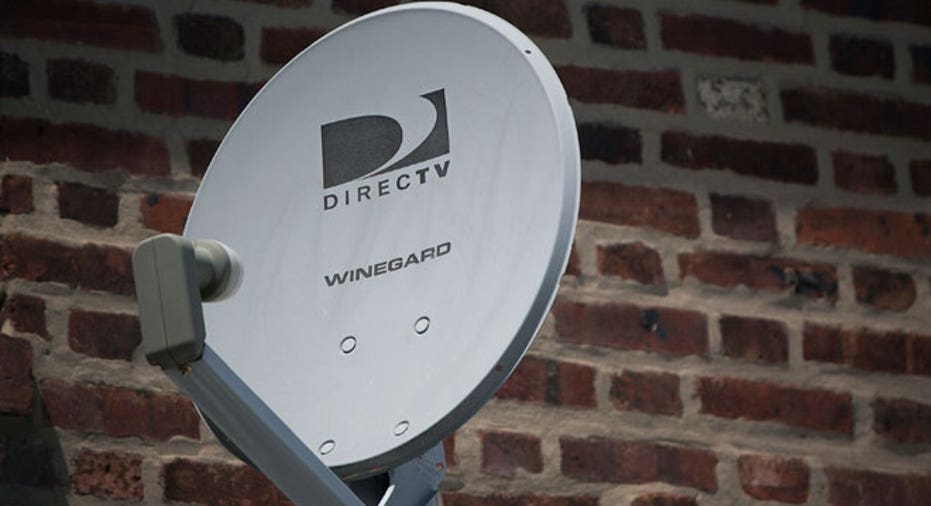What the AT&T and DirecTV Deal Means for Consumers

AT&T’s (NYSE:T) $49 billion deal to acquire DirecTV (NYSE:DTV) will increase the mobile and broadband company’s video presence in the pay-TV arena, but the deal stands to impact the 26 million subscribers who currently get their service from the cable provider.
The cable industry is undergoing an array of changes with the rising popularity of streaming content providers, as well as increased demand for a la carte services. The AT&T and DirecTV deal would make it the second-largest provider, with Comcast (NASDAQ:CMCSA), which is in the process of buying Time Warner Cable (NYSE:TWC), taking the top spot with 30 million video customers.
The good news for consumers, according to Eddie Hold, NPD Group’s president of Connected Intelligence Group, is that prices won’t be going up anytime soon. On the flip side, they likely won’t get any lower, either.
“You’d have to be crazy to raise prices as a result of a deal like this,” Hold says. “At least not in the foreseeable future, because it’s the first thing the Department of Justice would be looking for. As far as the competitive landscape, we never know if there will be a price war as we fight for more subscribers, but I don’t see prices varying up or down as a result of this.”
The move will give AT&T more leverage to access better content, Hold says, and it will have a larger television subscriber base to negotiate better deals in the future.
“AT&T wants to deliver any content you need, whenever you want it, wherever you want it—on your T.V., tablet or smartphone,” he says. “This gives them a very big T.V. company, that will give them leverage for better prices and open up digital rights and solutions to have T.V. everywhere beyond the home.”
The deal also fits in neatly with growing demand for digital and streaming services, Hold says. According to a recent report from Nielsen, out of 189 cable television channels, Americans watch only 17, as companies like Netflix (NASDAQ:NFLX) and Hulu capture more eyeballs.
“It’s not about the fact that we don’t want to watch cable shows,” Hold says. “It’s that we don’t necessarily want to watch them on our T.V. This will give AT&T more leverage to open up those rights and put those main content channels onto a streaming-type solution.”



















